
“It is time for the race to the bottom to end. We believe it is time to tackle grade inflation and dumbing down.” — Michael Gove
In the fall of 2012, the British Education Secretary, Michael Gove, outlined proposals for new qualifications in core academic subjects called English Baccalaureate Certificates. Senhor. Gove stated that these new reforms would prepare British students for the 21st century and allow them to compete with the best performing education systems around the world.
Are the new performance measures proposed by Michael Gove a solution to “teaching to a test,” improving standards and the overall quality of learning for all students in the UK education system? I asked Michael Young, Emeritus Professor of Education with the School of Lifelong Education & International Development at the Institute of Education, Universidade de Londres, para compartilhar suas perspectivas.
Em 2004, Michael Young was commissioned to write a report on the implications of National Qualifications Frameworks for developing countries (ILO 2005). He has been an adviser to countries in Europe, Africa and Asia on their policies on qualifications. His book, Trazendo Knowledge Back In (2010), ganhou o segundo prêmio como UK Educação Livro do Ano.
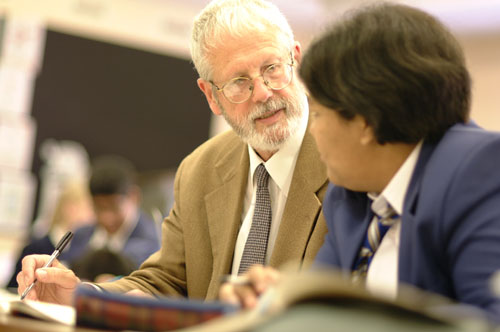
What do you believe are the best and weakest arguments for having the English Baccalaureate Certificates replace the GCSE’s? What would be your best arguments for keeping the GCSE exams?
The main reason why none of the main political parties will risk supporting the widely held view that GCSEs (o 16+ examination) should be abolished is that they are used as the basis of performance tables which enable government to assert a degree of control over schools at a time when they are weakening the existing controls of local government over schools.
GCSEs are a relic of two earlier initiatives. GCE O levels were established in 1951 to cater for at most 20-30 por cento de cada coorte (cada turma de alunos). Naquela hora, a maioria dos alunos deixou a escola aos 15 (sem certificados) para a fábrica não qualificados e trabalho de escritório. Este mercado de trabalho dos jovens desapareceram na década de 1970, de modo que essas crianças estavam hospedados na escola sem certificado de apontar para. Um novo certificado, o Certificado do Ensino Secundário (CSE), foi criado para os empreendedores de baixa. GCE do CSE e de seguida foram fundidas em 1980 para criar as GCSE existentes, com cinco graus (A – E); A, B, C being equivalent to the old O levels and D, E, F, and G replacing the CSE’s. The latter became largely worthless for either employment or progression to higher levels and the focus of schools was on grade C or above.
Ao mesmo tempo, assessment for exams was changed from being norm referenced to criterion referenced, with no limits on the numbers being awarded any grade. The proportion of A – C’s increased every year and this led to a demand for an A* grade to differentiate the A’s. The government feared that if they scrapped GCSE’s (most other European countries do not have a 16+ examination), England would drop in the international performance tables (por exemplo. PISA), and that this might cost them votes. Também, there is no tradition for trusting teachers to maintain standards without tests and tables. The problem is that students are increasingly ‘trained for the tests’ e, according to employers and university teachers, know less and less.
The English Baccalaureate (the E Bacc) is a performance measure not an examination. Until it was introduced, performance tables were based on 5 assuntos, but only three were compulsory (English, maths and general science). The E Bacc merely extends the number of compulsory subjects to include two sciences, a foreign language and a humanities subject. This has had two consequences: Primeiro, escolas estão caindo muitos indivíduos não BACC E com muita oposição dos desportos e artes comunidades. Segundo, escolas com, dizer 30 por cento de alunos atingir 5 A-Cs sobre os temas GCSE, só alcançado 5 por cento (ou menos) no E Bacc, principalmente porque eles tinha deixado cair de língua estrangeira, quando deixou de ser obrigatória.
The English Baccalaureate has the merits of strengthening the general academic education of lower achieving students and removing useless, assuntos principalmente quasi-profissional. O governo afirma que os sujeitos E BACC assumir 70 por cento do horário escolar, leaving adequate time for arts and sports. No entanto, as tabelas de rendimento, which rank schools with implications for resources and student intakes, shape all school decisions, so few of the educational benefits of the E Bacc will be realized as long as they are in place.
The English Baccalaureate is an ill thought out, off the cuff scheme. A better approach would be something along the French Baccalaureate lines, isto é. a three pathway (general/technological/vocational) Baccalaureate with 20+ percent of the curriculum in common, which students can take at different ages and for which there is no external examination at 16.
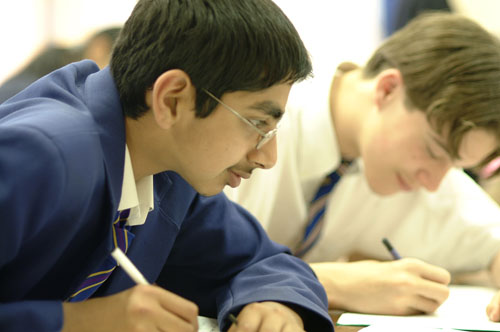
What about taking an approach similar to the International Baccalaureate that measures student’s performance against global peers?
I am a great admirer of the IB, but as an 18+ exam it cannot include more than about 30-40 percent of each cohort without a more applied pathway. I would have a single external examination taken at different ages and abolish performance tables. A questão-chave é desenvolver um sistema em que a avaliação não dirige currículo. Eu não sou contra o Bacharelado Inglês, em princípio,. O que me preocupa é a sua ligação inevitável para tabelas de desempenho.
Os alunos aprendem melhor quando eles estão sendo ensinados a aprender em vez de ser ensinada apenas para passar por um teste. Concordar?
Concordo, desde que "ensinar a aprender’ é através de assuntos especializados. Você só pode ensinar ou aprender alguma coisa. Ensinar a aprender e aprender a aprender são os produtos de bom ensino assunto.
Como eu disse anteriormente, we have standardized tests for social control reasons. No entanto, if you don’t have standardized tests, the social control issues remain. Finland is a good example. They always score high on PISA rankings but they have no external tests and no inspections. How do they do it?
Primeiro, Finns put a high value on education for all – originally out of fear of ‘big brother’ – the Soviet Union.
Segundo, teaching is a high status profession in Finland. Education faculties in Finland have the highest number of applications for each place.
Terceiro, the richest, most powerful, and most successful parents use the state schools, isto é. menor que 1 percent of children go to private schools. They have a stake in the quality of schools. In England, 7 percent of schools are private (fee paying). The political pressure is not to improve state schools but to control them. The rich have no stake in the state schools!
Quarto, a society has to control schools either by a consensus valuing education for all, or through tests and inspections. If you abolish the latter without establishing the former, you face chaos.
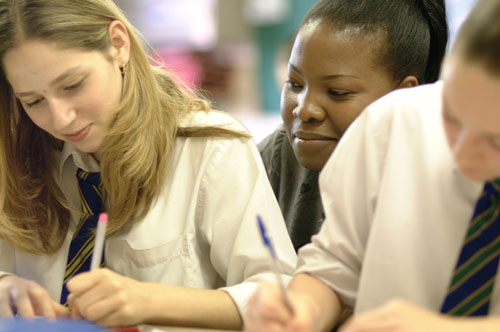
What role should the British government play in education?
Up until the 1980’s and Margaret Thatcher, public education was managed as a relatively inefficient system by a troika of central government, local government, and teacher unions. Thatcher broke all of that up as she thought local government and unions (the providers) had too much power, and parents and employers (consumers) not enough. So she used government to replace ‘provider control’ by a ‘market.’
Why not allow local governments to determine their cities’ or towns’ own educational standards?
It is the rational but not politically realistic option. It’s a view largely shared by the Labour party since Blair.
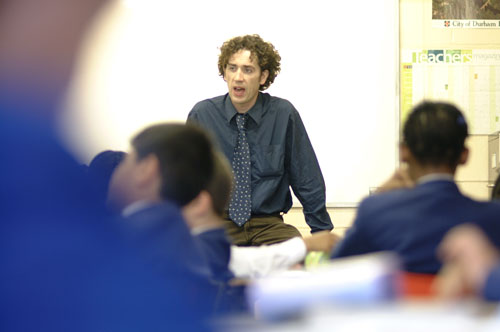
Surveys indicate that parents want to see the arts included in the new Baccalaureate. What are your best arguments for keeping the arts in this new assessment?
As I said before with regard to other subjects, if they keep the performance tables and bring arts into the E Bacc, it will destroy the arts, as schools will be under pressure to teach to the test! A better but unlikely solution would be to abolish the performance tables and broaden the E Bacc.
Since not every child will pass these new exams, what else can be done to prepare children for the real world and make them more competitive in the job market?
In the last decade, lower achieving students have been encouraged to obtain certificates which have no value outside the tables themselves, as they provide no progress to higher level study and employers do not rate them for jobs. The fact that the students get certificates masks the reality that they are not learning anything. At least the E Bacc’s base curriculum will highlight rather than mask low achievement. The problem is that many schools lack specialist subject teachers in the E Bacc subjects, so unless something is done about teacher supply, nothing will improve.

Photos courtesy of the Institute of Education, Universidade de Londres.
Na busca Global para a Educação, se juntar a mim e líderes de renome mundial, incluindo Sir Michael Barber (Reino Unido), Dr. Michael Bloco (EUA), Dr. Leon Botstein (EUA), Professor Clay Christensen (EUA), Dr. Linda, Darling-Hammond (EUA), Dr. Madhav Chavan (Índia), Professor Michael Fullan (Canadá), Professor Howard Gardner (EUA), Professor Andy Hargreaves (EUA), Professor Yvonne Hellman (Holanda), Professor Kristin Helstad (Noruega), Jean Hendrickson (EUA), Professor Rose Hipkins (Nova Zelândia), Professor Cornelia Hoogland (Canadá), Honrosa Jeff Johnson (Canadá), Senhora. Chantal Kaufmann (Bélgica), Dr. Eija Kauppinen (Finlândia), Secretário de Estado Tapio Kosunen (Finlândia), Professor Dominique Lafontaine (Bélgica), Professor Hugh Lauder (Reino Unido), Professor Ben Levin (Canadá), Senhor Ken Macdonald (Reino Unido), Professor Barry McGaw (Austrália), Shiv Nadar (Índia), Professor R. Natarajan (Índia), Dr. PAK NG (Cingapura), Dr. Denise Papa (US), Sridhar Rajagopalan (Índia), Dr. Diane Ravitch (EUA), Richard Wilson Riley (EUA), Sir Ken Robinson (Reino Unido), Professor Pasi Sahlberg (Finlândia), Andreas Schleicher (PISA, OCDE), Dr. Anthony Seldon (Reino Unido), Dr. David Shaffer (EUA), Dr. Kirsten Immersive Are (Noruega), Chanceler Stephen Spahn (EUA), Yves Theze (Lycée Français EUA), Professor Charles Ungerleider (Canadá), Professor Tony Wagner (EUA), Sir David Watson (Reino Unido), Professor Dylan Wiliam (Reino Unido), Dr. Mark Wormald (Reino Unido), Professor Theo Wubbels (Holanda), Professor Michael Young (Reino Unido), e Professor Minxuan Zhang (China) como eles exploram as grandes questões da educação imagem que todas as nações enfrentam hoje. A Pesquisa Global para Educação Comunitária Página
C. M. Rubin é o autor de duas séries on-line lido pelo qual ela recebeu uma 2011 Upton Sinclair prêmio, “A Pesquisa Global para a Educação” e “Como vamos Leia?” Ela também é autora de três livros mais vendidos, Incluindo The Real Alice no País das Maravilhas.



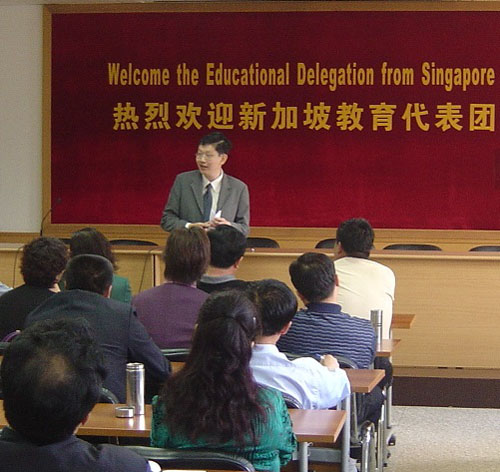
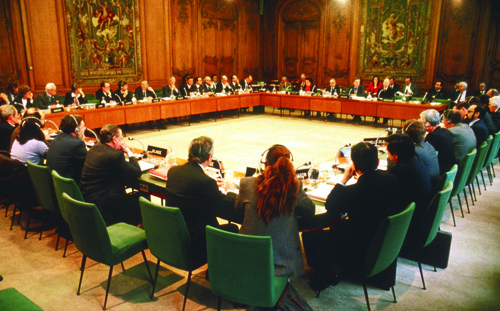
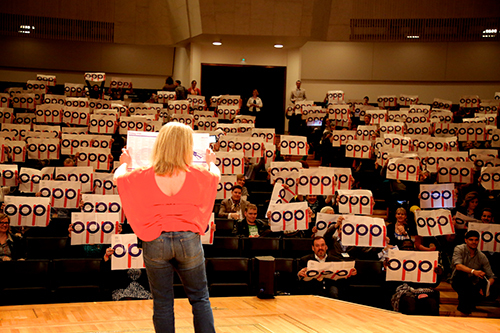
Comentários Recentes